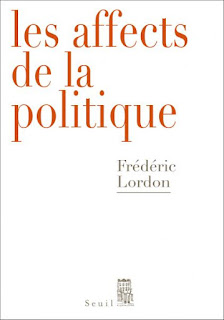Red May Seattle
A bit of context: last weekend I was asked to participate in Red May Seattle, contributing to both its Marx-a-thon, a day long reading group on Capital and the Grundrisse, as well as discussing neoliberalism, science fiction, and the current struggles. What follows here is neither the text of what I presented on primitive accumulation, nor a kind of follow up self critique; it is an attempt to jot down some thoughts that were generated in collective discussion and reflection before they dissipate. It is red in practice and in theory, or, at the very least red in theoretical practice. What follows owes a great deal to all of those present at Red May. Names are withheld because I may have completely misunderstood what they were saying.



















